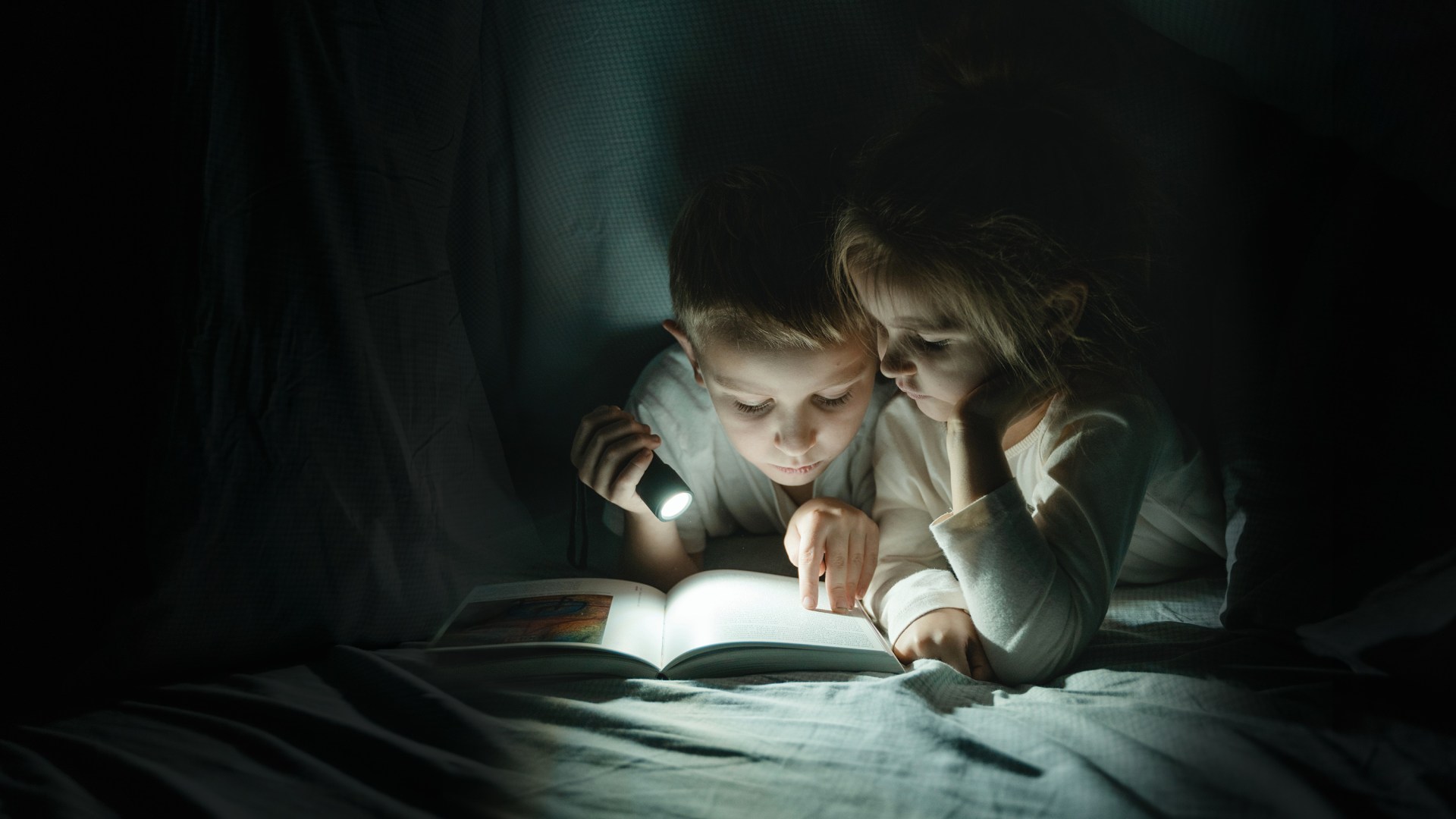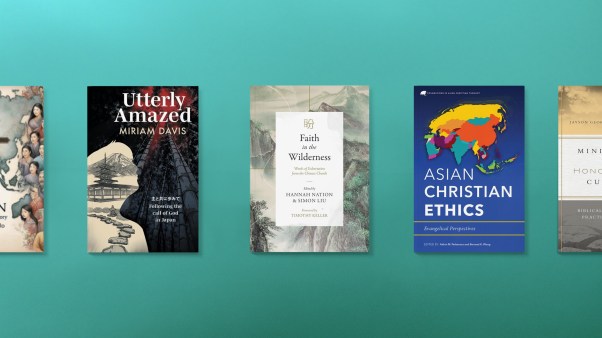In the Christian world, stories laced with dark content—especially for children—will always spook whole flocks of eyebrows into concerned flight. The "content" of a book or film is parsed out, every bit of shadow flagged and sniffed at by mothers like they've discovered a malicious growth hormone in a suspicious chicken nugget.
As an author who writes novels for children, I am often questioned about my choice of ingredients. A boy discovers and opens dozens of tiny magical doors. Should be a lark, right? Why does it need to be dangerous? Why include loneliness, father hunger, and a terrifying enemy?
Two functional orphans living in a roadside motel are taken to Ashtown, a place where many of the world's wildest secrets have been kept for centuries. Sounds like a great little slumber party. So why include pain? Why must the children face hardships? Why must the villains be so, well, villainous? Wouldn't it be better for everyone if the evil was jokey? Lighthearted? More like a school rivalry than a matter of salvation or damnation?
Yipes. No. Wrong. F.
Think on this: God's artistic choices should govern our own. More than any other type of artist, Christian artists should be truth-lovers and truth-tellers. More than any other consumer, Christian readers— and parents of young readers—should be truth-seekers.
I would understand if hard-bitten secularists were the ones feeding narrative meringue to their children with false enthusiasm. They believe their kids will eventually grow up and realize how terrible, grinding, and meaningless reality really is. Oh, well—might as well swaddle children in Santa Clausian delusions while they're still dumb enough to believe them. But a Christian parent should always be looking to serve up truth. The question is one of dosage.
Shelter your children. Yes. Absolutely. But use a picnic shelter, not a lightless bomb bunker, and not virtual reality goggles looping bubblegum clouds. Feast with them on fiction in safety, laugh with them through terrible adventures seething with real weather. They should feel the wind and fear the lightning and witness the fools and heroes—and yet stay protected.
Faithful artists should provide sabbaths, not escapes. We should be crafting periods of rest and inspiration that will feed, fuel, and empower readers to engage more deeply in reality as faithful men and women. To step out of the shelter when the time comes.
In your picnic shelter, pack stories that bless the meek and shatter the proud. Stories that use hardship to burn away the dross in characters. Stories that honor the honorable and damn the damnable.
Childhood is the time for truth, and adulthood is the time for a deeper understanding of the same. To seed courage, we must show fear. To reveal triumph, we must build enemies. To tell the truth about what it means to be heroic, we must spin a fiction full of danger.
Wisdom from G. K. Chesterton: "If the characters are not wicked, the book is." We must tell stories the way God does, stories in which a sister must float her little brother on a river with nothing but a basket between him and the crocodiles. Stories in which a king is a coward, and a shepherd boy steps forward to face the giant. Stories with fiery serpents and leviathans and sermons in whirlwinds. Stories in which murderers are blinded on donkeys and become heroes. Stories with dens of lions and fiery furnaces and lone prophets laughing at kings and priests and demons. Stories with heads on platters. Stories with courage and crosses and redemption. Stories with resurrections.
And resurrections require deaths.
We do no one any favors when we pretend away darkness in the world. We've only neutered the need for grace. And we've neutered the glorious triumph on the other side of darkness. Yes, darkness should be mediated and even muted in art for children (and adults). At some point, the knowledge of evil can damage a reader or viewer.
But the relationship between good and evil in our stories should mirror the relationship between good and evil in God's stories. That relationship should present one consistent worldview in art meant for 8-year-olds and in art meant for 80-year-olds. Our goal is to produce and consume truth, to feed, to be strengthened, and to rise up from our narrative sabbaths ready to live harder lives, ready to love and laugh more deeply. We emerge from such stories ready to step into the roar of glory that leads us all to our own graves and out the other side.
Our stories should feed us, young and old, for that journey.










